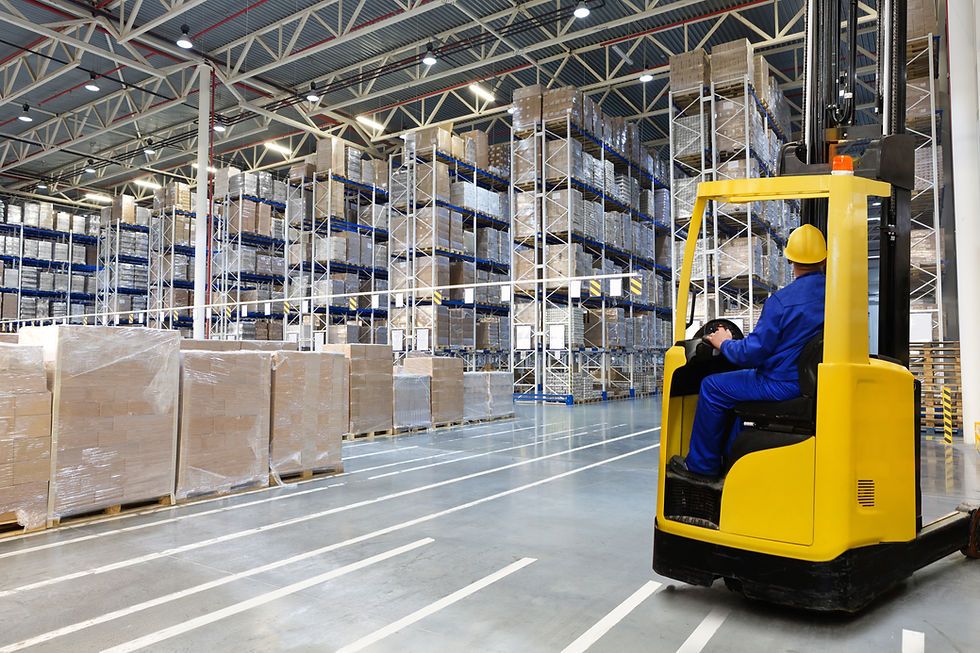Linx CIJ Printers: A Crucial Solution for Thai Food Industry Amid the EU BPA Ban
- PT Asia

- Jul 23, 2025
- 2 min read
Introduction With the implementation of Regulation (EU) 2024/3190 banning Bisphenol A (BPA) in food contact materials, effective from January 20, 2025—with transition periods extending to as far as 2029—Thai food exporters must act promptly to comply and maintain access to the European market.
Key Actions for Thai Food Manufacturers:
Evaluate Packaging Materials and Supply Chain
Assess all food-contact materials for BPA content, such as plastic, can linings, and coated closures.
Update the Declaration of Compliance (DoC) to ensure BPA content is within legal limits.
Switch to BPA-Free Alternatives
Consider BPA-free materials such as polyolefin, glass, stainless steel, or epoxy resins.
Avoid using BPS or BPF as substitutes, as they may pose similar health concerns.
Adapt Manufacturing and Testing Procedures
Use EU-recognized migration testing methods (e.g., migration limit ≤ 1 µg/kg).
Ensure all production lines and equipment are free from BPA contamination.
Manage Inventory During the Transition Period
Products manufactured before January 20, 2025, may still be sold during the transition window.
Plan inventory turnover carefully to avoid legal or logistical issues.
Communicate Transparently with EU Clients and Authorities
Provide clear updates about changes in materials and ensure documentation is ready for audits.
Monitor Regulatory Updates and New Materials
Stay informed on announcements from EFSA and the EU regarding approved BPA alternatives.
The Role of Linx CIJ Printers in Supporting BPA-Free Compliance While Linx continuous inkjet (CIJ) printers do not relate directly to BPA, they play a key role in food safety, traceability, and packaging compliance:
Print on a Wide Range of BPA-Free Packaging Materials
Compatible with PET, PP, PE, paper, and BPA-free coated films.
Adaptable Without Needing Hardware Changes
Linx inks come in various formulations to suit new surfaces being adopted in BPA-free packaging.
Enhance Traceability and Transparency
Print batch numbers, manufacturing dates, expiration dates, and QR codes that help verify BPA-free packaging.
Non-Heat Printing Process
CIJ technology does not use heat, making it safe for delicate materials that could be damaged by high temperatures.
Compliant with GMP and EU Food Standards
Linx 8900/8920 models are easy to clean, IP-rated, and suitable for food production environments. Inks are also available with GMP or EU food packaging grade compliance.
Conclusion
For Thai food manufacturers aiming to comply with the EU’s BPA ban while maintaining efficiency and export readiness, Linx CIJ printers serve as a vital tool to support traceability, adaptability, and long-term competitiveness.





Comments